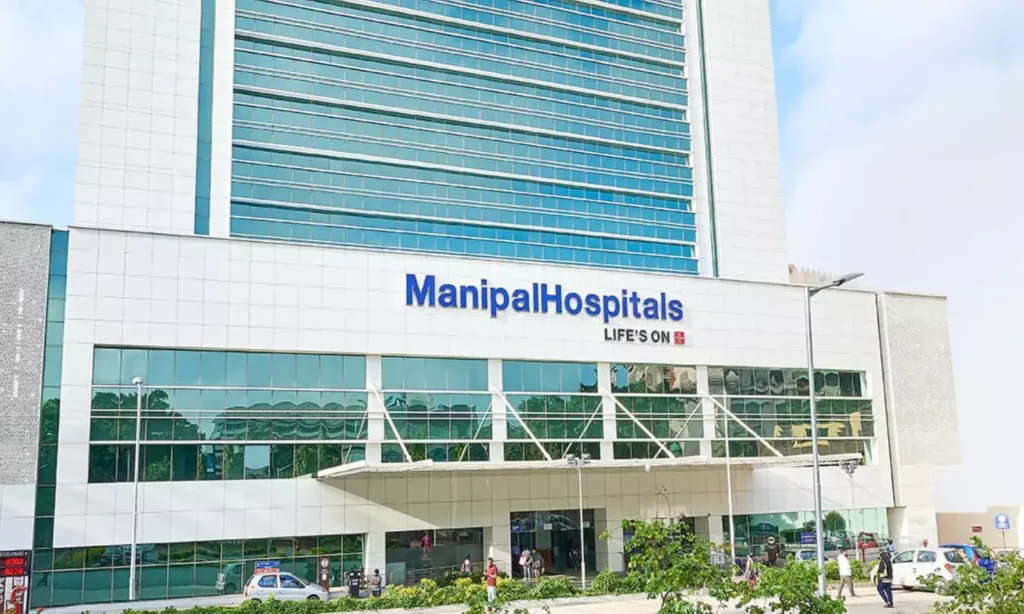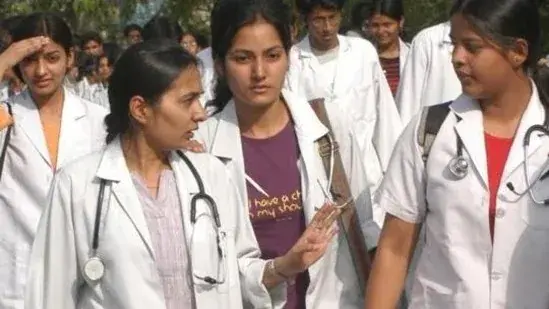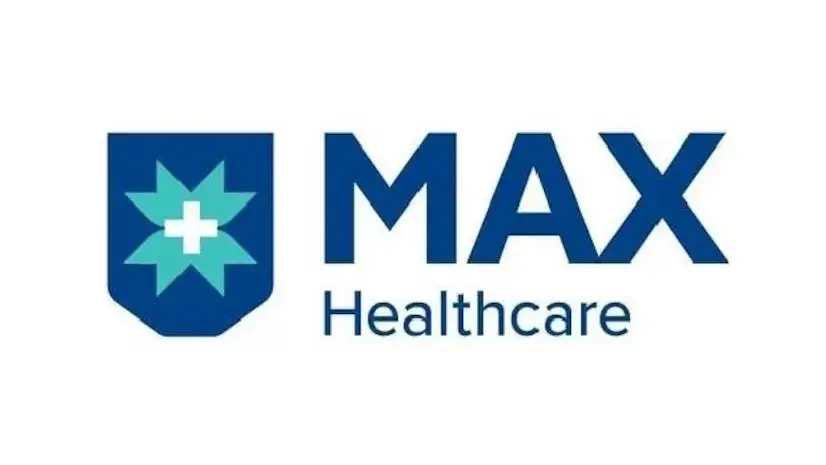Manipal Hospitals Seeks CCI Approval to Acquire Sahyadri Hospitals in Rs 6,400 Crore Deal
Manipal Hospitals has approached the Competition Commission of India (CCI) seeking approval to acquire Pune-headquartered Sahyadri Hospitals in a deal estimated to be worth between ₹6,200 crore and ₹6,400 crore. The transaction involves purchasing up to 100% equity in Sahyadri Hospitals Pvt Ltd through multiple tranches, according to the regulatory filing. Though the official deal value has not been disclosed, industry insiders peg the acquisition around ₹6,400 crore. The seller, Ontario Teachers’ Pension Plan Board, a Canada-based global investor, had acquired a majority stake in Sahyadri Hospitals in 2022. In a joint statement, both healthcare entities noted that the transaction is unlikely to impact competition in any significant way, allowing the CCI flexibility in defining relevant markets. They emphasized that the deal poses no appreciable adverse effect on competition (AAEC) in the Indian healthcare sector. Manipal Hospitals, headquartered in Bengaluru, recently confirmed that it had signed definitive agreements with Ontario Teachers’ for the takeover. The move is a significant step toward expanding Manipal’s reach in western India. With the acquisition of Sahyadri’s 11 hospitals located across Pune, Nashik, Ahilya Nagar, and Karad, Manipal’s total hospital count will rise to 49, with a combined capacity of approximately 12,000 beds — placing it among the largest hospital networks in the country. Commenting on the development, Dilip Jose, MD & CEO of Manipal Health Enterprises, said, “This acquisition aligns with our goal of enhancing access to quality healthcare across India. Supported by our stakeholders, including Temasek, we look forward to serving a broader patient base.” Ranjan Pai, Chairman of Manipal Education and Medical Group (MEMG), added that the expansion will significantly bolster the group’s presence in Maharashtra and western India. Manipal Hospitals is backed by Singapore-based investment firm Temasek, which manages a portfolio valued at around USD 324 billion as of March 2025. Ontario Teachers’, with assets totaling USD 266.3 billion as of December 2024, exits Sahyadri after helping it become one of Maharashtra’s leading hospital chains with over 1,400 beds. This strategic acquisition marks a major milestone in Manipal’s ongoing mission to build a truly pan-India healthcare network. Source: PTI




